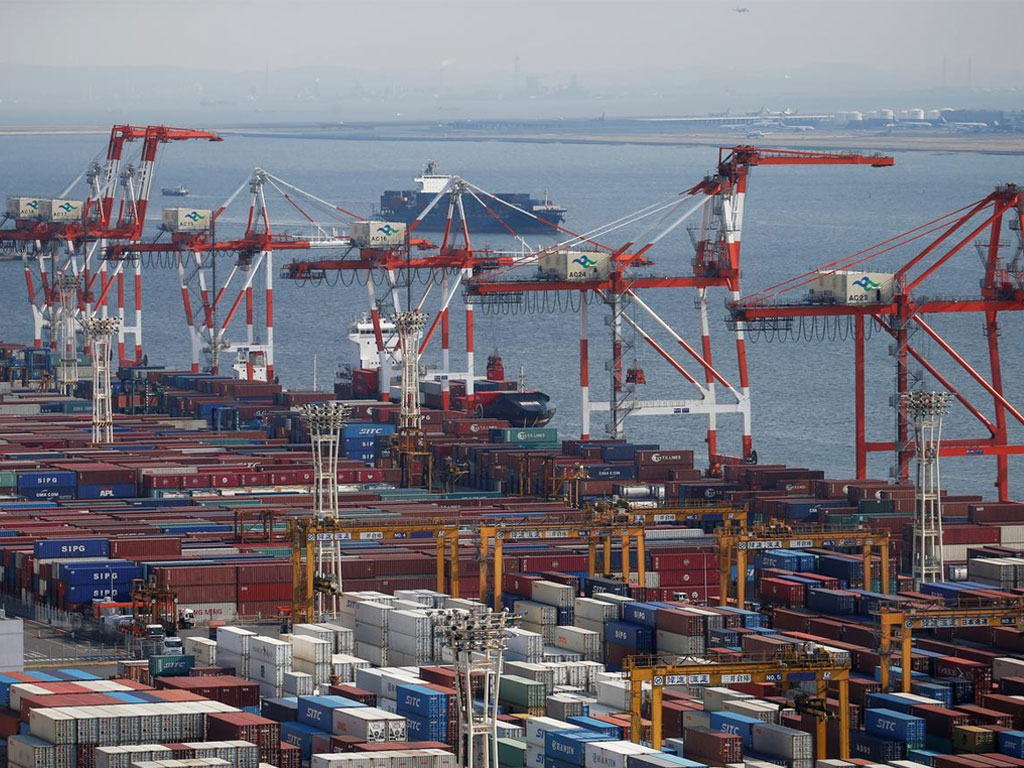ADB urges for structural reforms to increase Pakistan's exports
- Pakistan requires an upgrade in international specialization profile, whereas the local industry needs to diversify and help reduce the economy’s dependence on imports.
- ADB says a more diversified economy results in more diverse exports.

The Asian Development Bank (ADB) has called for structural reforms to improve Pakistan’s export performance, as the country seeks to improve its growth rate.
“For Pakistan’s economy to grow sustainably by more than 3.8% per year, structural reforms are required to improve export performance,” ADB said in its latest report Why Pakistan’s Economic Growth Continues to be Balance-Of-Payments Constrained.
The report said that in order to increase exports, Pakistan requires an upgrade in international specialization profile, whereas the local industry needs to diversify and help reduce the economy’s dependence on imports.
“A more diversified economy results in more diverse exports and this is required to acquire the wider set of productive capabilities that is needed to export goods with a higher level of sophistication.”
The report has further specified steps that need to be taken for export diversification. This includes:
- Identify the causes of lost export value in important industries (glass and stone, mineral products, plastics, and chemicals)
- Explore options for moving into new export products that require productive capabilities similar to those used for existing Pakistani exports, but have a higher level of sophistication within the product space;
- Generate a conducive environment for exports (terms of trade, export insurance, export promotion, and trade agreements)
- Prepare a strategy for the garment industry, including a competitiveness assessment of current products;
- Improve the capacities of the agencies overseeing national standards, accreditation, and certification of international standards
- Establish a national single window for exporters
- Improve the availability of trade finance.
To implement these steps, the ADB argued requires that policy design, coordination, and implementation facilitate private sector attempts to acquire capabilities in latent and more sophisticated products, as well as encourage meaningful strategies to develop new capabilities in distant products.
























Comments
Comments are closed.